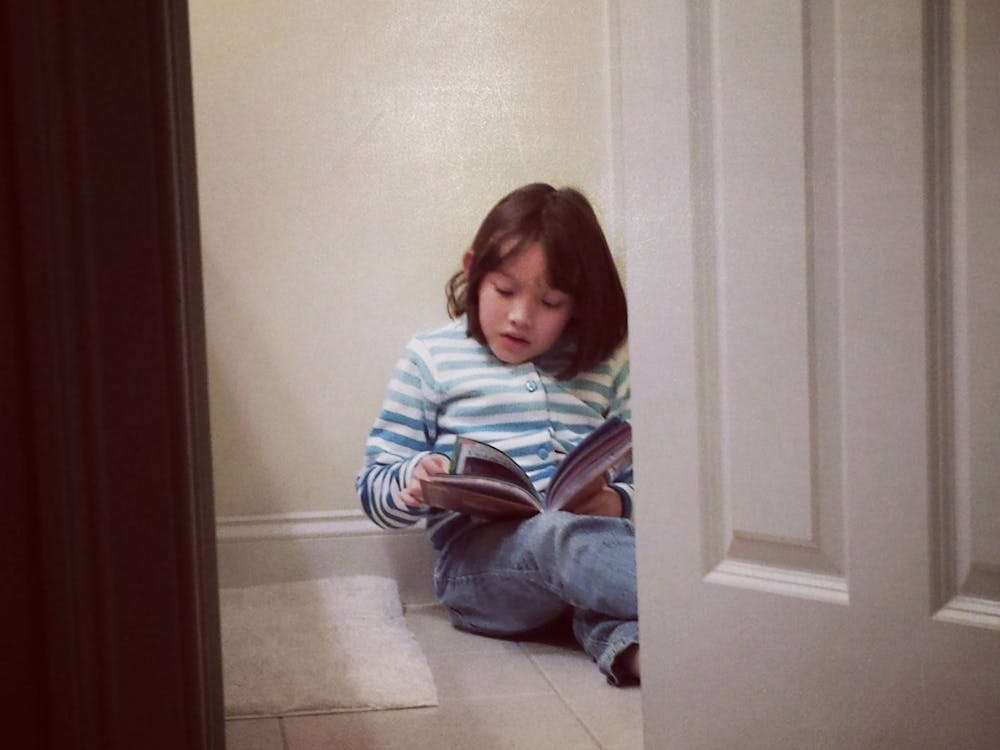
Looking back at 21-year-old Sudha, I always used to be in so much of a rush. With everything I did — whether it was academics, research or even hobbies — I wanted to be the best. But now that I’m in graduate school, with almost the exact same schedule every day, I have begun to feel like my progress is plateauing.
Once, I read in an article that graduate school work can be as tough as wrangling a beast. You don’t really feel like you’re a student, but you don’t really feel like an adult either. You lack the benefits from either category, like the surplus of free time between classes that you once had in college or the set limits on work that come with clocking out of a job in the ‘Adult World.’
When I started graduate school, my first two years flew by as I spent each day taking classes, completing assignments, leading research presentations and attending meetings, to name just a few items in the huge list of what every graduate student must do on a daily basis.
This summer, I began to feel disenchanted with my work. I was no longer motivated to try my best, no longer ambitious or passionate about doing good work. Was this the famous feeling of burnout that I had heard about so many times? Was I really overworking myself?
I took a step back and tried to unwind by going on a few trips and starting a habit of hiking. I also began reading up on burnout and watching TED talks to motivate and inspire myself. Through these moments of reflection, I came to realize a few things.
First, I should embrace the freedom I have in my life. When I was an undergraduate, I had a fixed schedule and hard deadlines for everything to complete. Now that most of my work involves projects, I need to review literature on different topics and write papers but the structure of all these things is very flexible.
It’s completely up to me how much I motivate myself to get my work done. That means more responsibility, but it also means more freedom to decide when I need to step back from my tasks.
Another thing I realized was my own unrealistic expectations of myself. My old habits were not always healthy, like telling myself that I could constantly work without taking a break or feeling guilty whenever I hung out with friends and didn’t reply to emails immediately. In the worst cases, these habits damaged my relationships with friends, family and significant others.
The picture I painted in my mind of the quintessential scientist came from movies and documentaries about people who only become great by working day and night without ever complaining. I thought that I needed to become like one of these people instead of shaping my own work ethic and finding what is best for me.
This realization helped me decide to invest my time this summer into finding myself, working on my hobbies and spending time with my family (through long-distance but meaningful calls).
In the past, whenever I learned something new or made a change in myself, I always thought I should write about it in my journal. However, despite learning many new things and making many significant changes, whenever I open my journal, the pages are always empty.
It’s almost as if the best feelings and lessons are the ones left unexpressed. I adopted this same mindset with school: taking the time to live each day instead of always focusing on accomplishments or the future.
Though it might feel like it, school is not our life. Yes, it’s a giant bundle of work that can sometimes feel like a beast, but it doesn’t define us. We were people before school and will continue to be people after.
Now that I no longer feel guilty about taking breaks, hanging out with my friends and family actually calms me down and helps me get away from the research life for a bit. My hobbies inspire me and make me happy. Keeping myself happy has become one of my long-term goals.
Breaks are not there to make you fall behind on your tasks; they’re there to help you reevaluate your time and be the best student you can be without falling apart! Remember you are a person first. Don’t just survive in graduate school, thrive in it.
Sudha Yadav is a graduate student from North India in the Department of Chemistry. Her column, “Crystal From the Valleys,” talks about the roller coaster ride of grad life, seeing beauty in chemistry and getting inspiration from nature.





